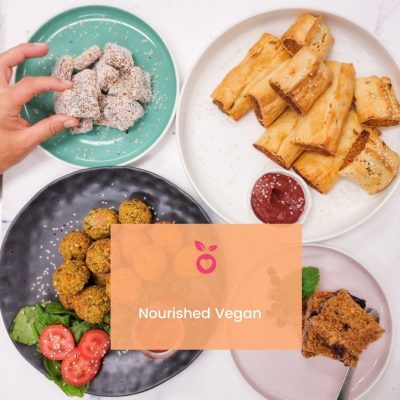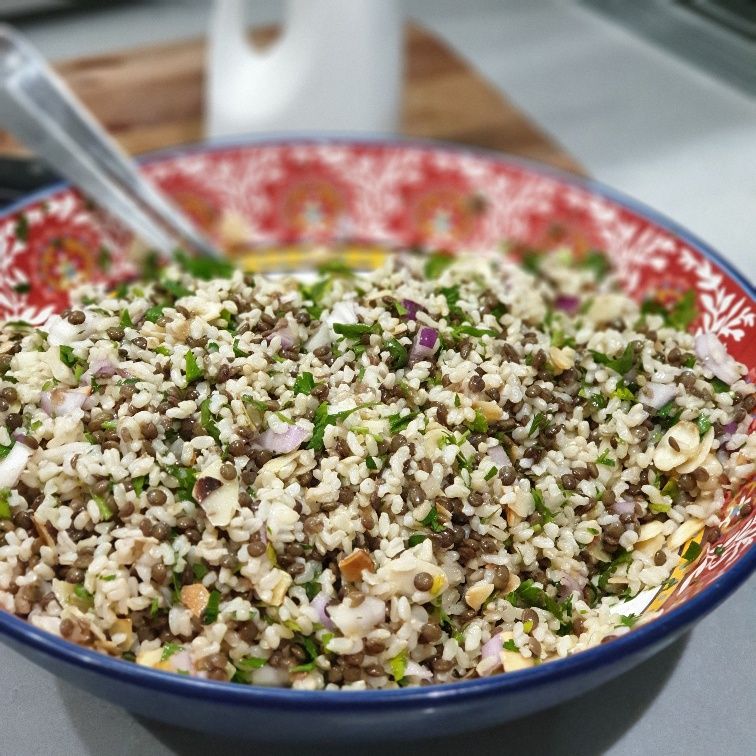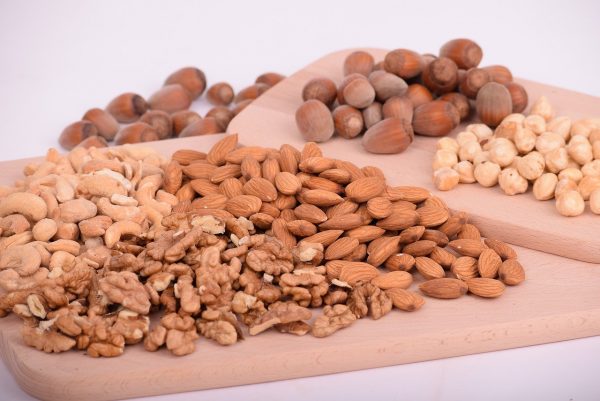Over recent years there has been an increasing trend towards adopting plant-based diets for various reasons including health, environmental and ethical reasons. Alongside this, one of the most common questions that pops up when telling people you are following a plant-based diet is how do you get all your nutrients?
Although yes, you can get all the nutrients you need to thrive whilst on a plant-based diet, there are a few key ones that we need to pay a bit closer attention to as they can be harder to come by.

1: Vitamin B12
B12 is a water-soluble vitamin which is necessary for many actions in the body such as the development of new cells (particularly blood cells) as well as DNA synthesis and nervous system function. Prolonged B12 deficiency can be quite dangerous as it causes a type of anaemia called macrocytic anaemia. This causes abnormal blood cell development which can cause irreversible nerve damage when left untreated. Additionally, low B12 levels cause an increase in an amino acid called homocysteine in the blood. This is an issue as high homocysteine levels have been linked to an increased risk for heart disease, stroke, early death and Alzheimer’s disease.
Sources: B12 is the one nutrient on a plant-based diet which you cannot get sufficient amounts of from food alone. Whilst yes there are some plant-based products which may be fortified with B12 such as nutritional yeast and some plant milks and meat alternatives, due to variable vitamin content and low absorption rates by the body, these foods should not be relied on. There are also some plant foods such as mushrooms, tempeh, miso and sea vegetables which are often reported to provide some vitamin B12 due to their exposure to bacteria. However, it should be noted that there is no evidence that these are good or reliable sources of the vitamin either. Because of this, B12 supplementation is essential for all individuals on a plant-based diet throughout all life stages.

2: Calcium
Calcium is well known as a key building block for forming and maintaining strong bones and teeth however, it also has a few other important functions in the body. Calcium plays an important role in assisting muscle and nerve function including regulating a normal heart rhythm as well as helping out with blood clotting. If we don’t consume enough calcium in diet, the body compensates by taking calcium from our bones. Over time this causes a weakening on the bones and decreased bone mass (osteopenia) and over time this can lead to osteoporosis.
Dairy products are widely accepted as one of the biggest contributors to calcium intake in the diet. Because most plant-based diets exclude dairy, this means we need to be a bit more mindful to make sure we are getting enough. Especially as calcium fortification of plant-based diary alternatives is not mandatory. However, aside from fortified dairy alternatives, there are a few other plant foods rich in calcium you can add to your diet.
Sources:
3: Iron
Iron is an essential mineral that has a range of important functions such as red blood cell formation to transport oxygen around the body, energy production, nerve function and immunity. Getting enough iron is important as deficiencies can cause a host of complications. Initially, low iron causes issues such as fatigue, dizziness and decreased immunity but long term deficiency can be more serious leading to anaemia. When left untreated, anaemia can cause serious implications such as heart problems.
There is an abundance of plant-based foods rich in however, the iron in plant foods is not created equally to the iron found in animal-products. The iron found in animal-based foods such as red meat, eggs and poultry is called haem iron. This type of iron is much more readily absorbed by the body. On the other hand, non-haem iron, which is found in plant foods, is not very well absorbed by the body and the absorption rate is heavily impacted by other dietary components. To account for this, iron requirements for those following a plant-based diet are 1.8x higher. Luckily, there are a few dietary tips and tricks that can help optimise iron absorption. These include:
Sources:
4: Zinc
Zinc plays a key role in supporting normal growth and development during childhood, adolescence and pregnancy but also has vital roles during all life stages. Zinc is necessary for a wide range of processes in the body including immune function, wound healing, reproduction, cell growth and protein synthesis. Although zinc is abundant in many plant-based foods, it is slightly harder for our bodies to absorb it compared to the zinc found in meat. This is as there are a few other components such as phytates which are found in plant foods which can inhibit absorption. As such, all plant-based eaters have slightly higher zinc needs than our omnivorous counterparts. In fact, it is about 1.5x times as much.
Sources:
Tip: Food-processing techniques such as the fermenting whole grains, soaking legumes and sprouting seeds and grains can help reduce phytate content and enhance absorption!

5: Omega 3s
Omega-3 is not technically a nutrient but actually one of our essential fatty acids. More specifically, omega-3s are a type of polyunsaturated fatty acid. Omega 3s have a myriad of health benefits throughout all stages of life including promoting improved brain function and mental health as well as offering prevention against heart disease, dementia and type 2 diabetes.
Sources: There are three types of omega 3 fats which are found in our food – EPA, DHA and ALA. EPA and DHA are found most abundantly in oily fish whereas our omega 3 rich plant foods such as walnuts, chia seeds, hemp seeds and flax seeds contain ALA. Whilst all 3 are considered types of omega-3 fatty acids, only DHA is used by the body to perform the above functions. We can make DHA from ALA; however, this conversion process is very inefficient. In fact, only about 1-10% of dietary ALA is actually converted to DHA. Therefore we recommend adding an algae based vegan omega 3 supplement rich in DHA into the diet alongside our ALA rich nuts/seeds.

In Summary
There are a number of nutrients that are important to consider on a plant based diet. However, when properly planned it is certainly possible to meet all your nutrient needs on a plant based, vegetarian or vegan diet. If you need some help with this, reach out to a specialist plant based dietitian from Plant Nutrition and Wellness who can teach you how to portion your meals, meet your nutrient needs and develop an individualised supplement plan.
This article was co-written by Plant Based Dietitians from The PNW Clinic Kiah Paetz and Georgia D’Andrea. You can learn more about them at https://www.plantnutritionwellness.com or on Instagram @thepnwclinic